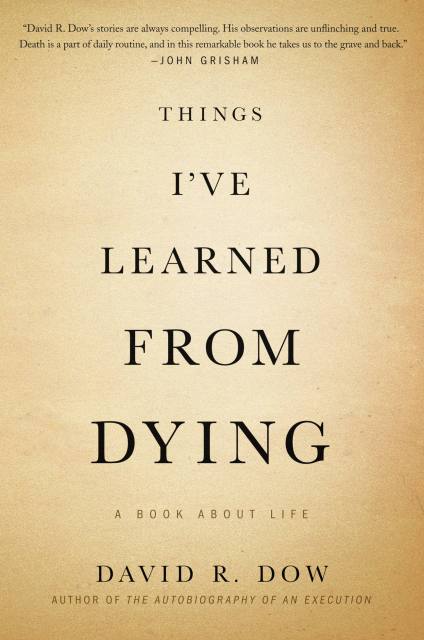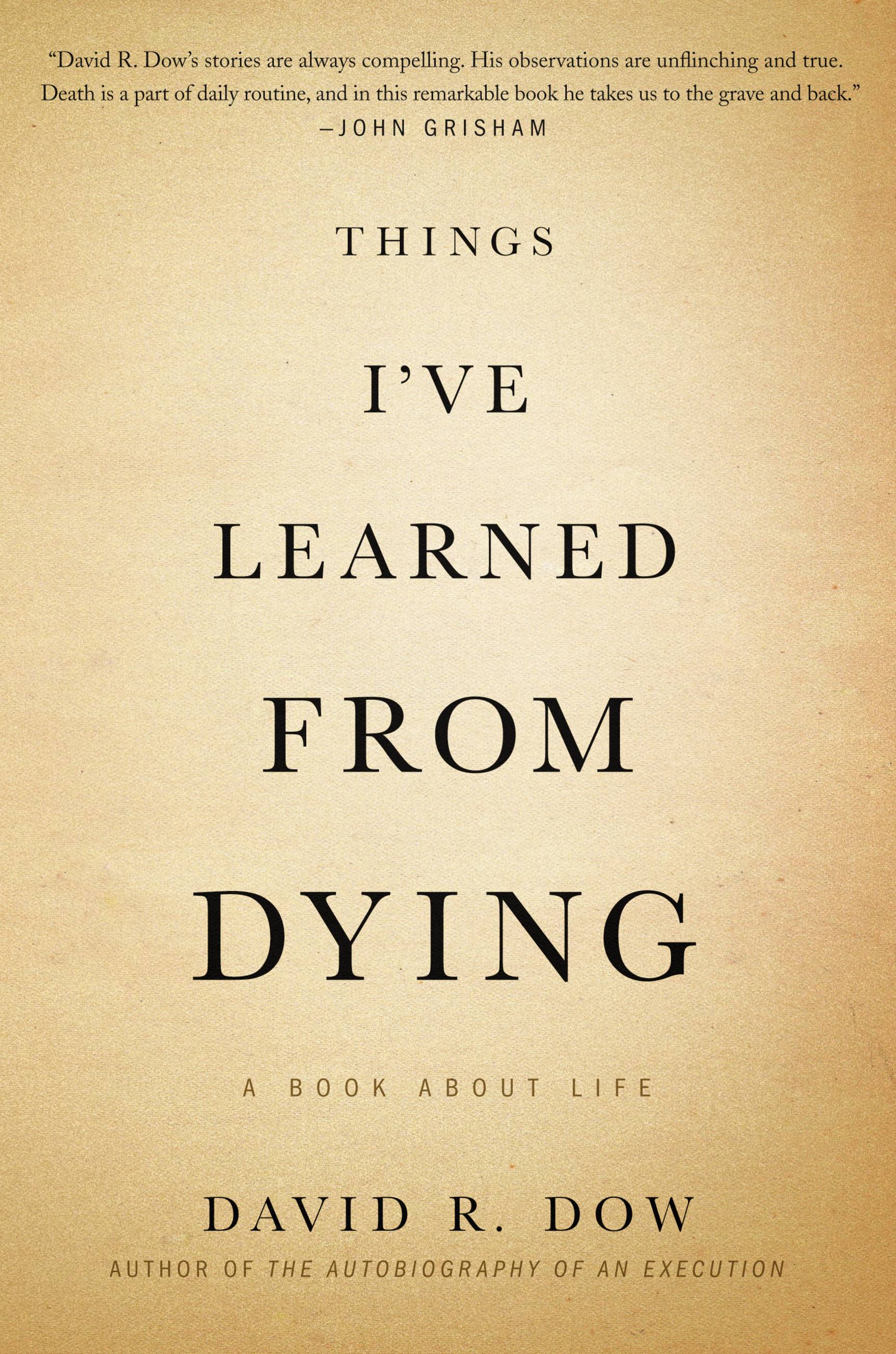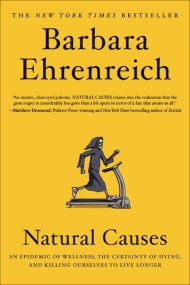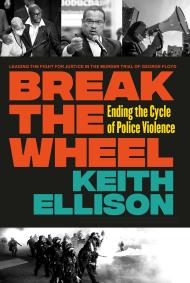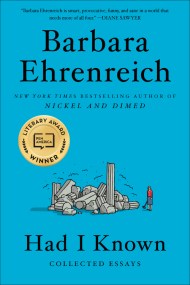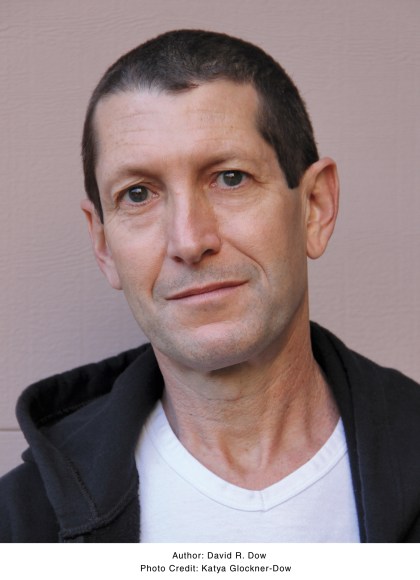By clicking “Accept,” you agree to the use of cookies and similar technologies on your device as set forth in our Cookie Policy and our Privacy Policy. Please note that certain cookies are essential for this website to function properly and do not require user consent to be deployed.
Things I’ve Learned from Dying
A Book About Life
Contributors
By David R. Dow
Formats and Prices
- On Sale
- Jan 7, 2014
- Page Count
- 288 pages
- Publisher
- Twelve
- ISBN-13
- 9781455575237
Price
$13.99Price
$17.99 CADFormat
Format:
- ebook $13.99 $17.99 CAD
- Hardcover $25.00 $28.00 CAD
- Audiobook Download (Unabridged)
This item is a preorder. Your payment method will be charged immediately, and the product is expected to ship on or around January 7, 2014. This date is subject to change due to shipping delays beyond our control.
Buy from Other Retailers:
National Book Critics Circle Award finalist David R. Dow confronts the reality of his work on death row when his father-in-law is diagnosed with lethal melanoma, his beloved Doberman becomes fatally ill, and his young son begins to comprehend the implications of mortality.
In his riveting, artfully written memoir The Autobiography of an Execution, David Dow enraptured readers with a searing and frank exploration of his work defending inmates on death row. But when Dow’s father-in-law receives his own death sentence in the form of terminal cancer, and his gentle dog Winona suffers acute liver failure, the author is forced to reconcile with death in a far more personal way, both as a son and as a father.
Told through the disparate lenses of the legal battles he’s spent a career fighting, and the intimate confrontations with death each family faces at home, Things I’ve Learned From Dyingoffers a poignant and lyrical account of how illness and loss can ravage a family. Full of grace and intelligence, Dow offers readers hope without cliche and reaffirms our basic human needs for acceptance and love by giving voice to the anguish we all face–as parents, as children, as partners, as friends–when our loved ones die tragically, and far too soon.
Newsletter Signup
By clicking ‘Sign Up,’ I acknowledge that I have read and agree to Hachette Book Group’s Privacy Policy and Terms of Use
